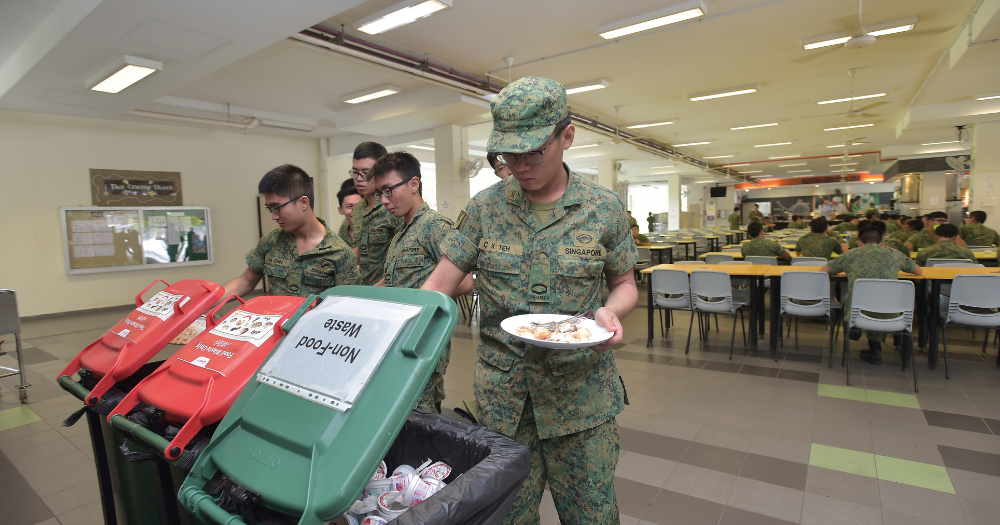The Ministry of Defence (MINDEF) and the Singapore Armed Forces (SAF) aims to reduce the growth of overall carbon emissions by two-thirds.
Minister for Defence, Ng Eng Hen, said in the Committee of Supply Debates, "But the consequences of extreme climate change are existential and cannot be mitigated, let alone solved, in weeks, months, even years."
In line with this goal, the ministry will set up a new SAF Sustainability Office to drive the planning and compliance of their sustainability efforts.
Appointing one-star general
The office will report to SAF's Chief of Staff-Joint Staff — Brigadier-General Tan Chee Wee — who will assume the role of the SAF Chief Sustainability Officer.
According to a fact sheet by MINDEF, the office will also be advised by an external advisory panel made up of experts in various fields.
Electric vehicles & green fuel for F-16s
The defence ministry will have three major green initiatives: carbon emissions, water, and waste.
Some of the measures the armed forces will be implementing towards these goals include replacing its entire administrative vehicle fleet with electric vehicles by 2030, and putting installing charging infrastructure in camps and bases.
The Republic of Singapore Airforce will also commence trials of green aviation fuel for some of its F-16 aircraft, to understand what is needed to scale up its use when they become more cost effective.
Some of their other measures include:
- Increase solar adoption by extending the deployment of solar panels to suitable rooftops of camps and bases. These changes are expected to reduce carbon emissions growth by about 40 per cent by 2030.
- The navy will Implement zero emissions ozone-free water-mist fire suppression system and garbage converters that reduce waste by up to 80 per cent.
- Rainwater harvesting systems in selected camps and replacement of water fittings to more efficient ones to meet target of 10 per cent reduction in water consumption by 2030.
To reduce wastage, the following measures will be implemented:
- Segregation and recycling processes for food waste to be extended to all cookhouses by 2024.
- Waste disposal contracts to recycle and repurpose electronic waste, waste oil, chemicals, and scrap metals. Their aim is to reduce waste by 30 per cent by 2030.
- Smart utility metering systems for all buildings to allow unit commanders to know how much they contribute to greenhouse gas emissions and waste or water consumption, and make changes if necessary.
Related story:
Top image from MINDEF.
If you like what you read, follow us on Facebook, Instagram, Twitter and Telegram to get the latest updates.
